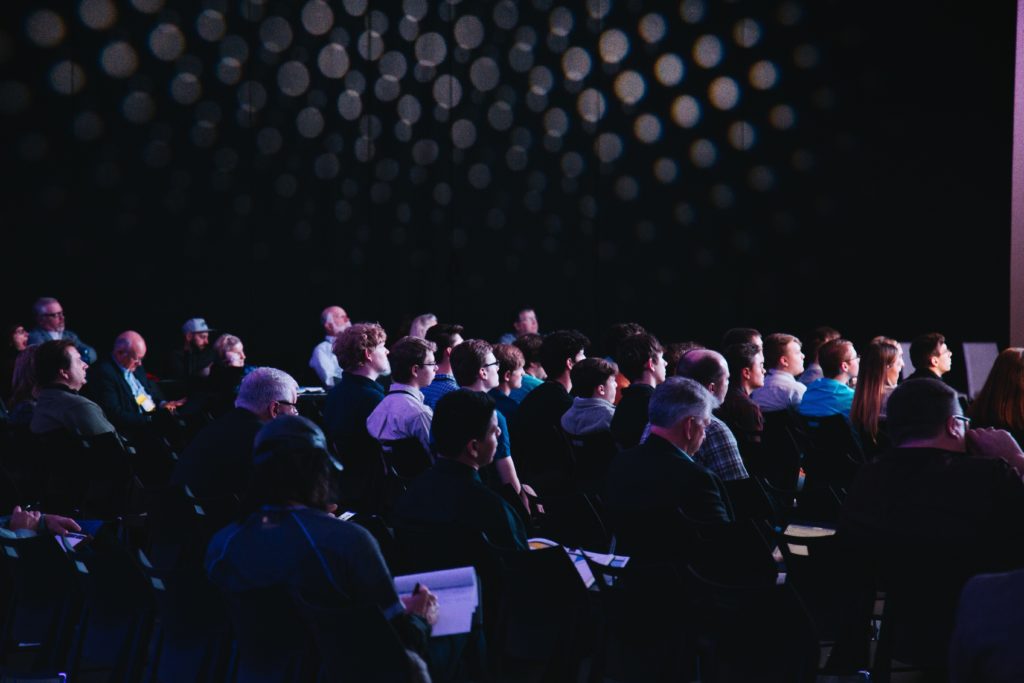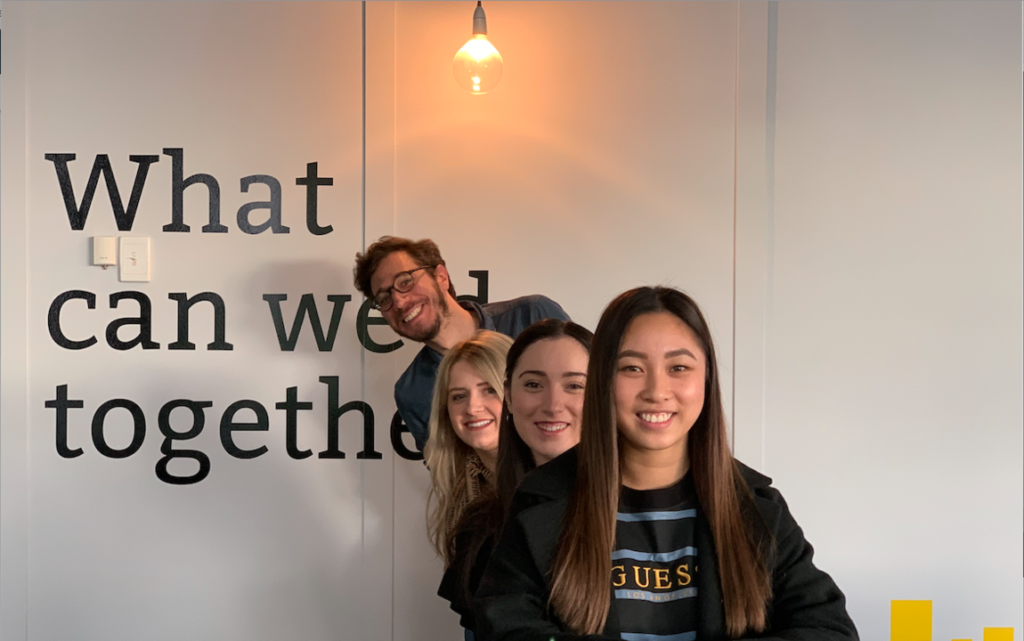
Why Business Development Has To Start From Within Your Organisation
Business development is an integral part of any business, but some businesses can make the mistake of thinking about BD purely in terms of generating new sales and acquiring new clients. Let’s be real: of course, that’s important. But striking the right balance is about reframing your definition of business development. BD is about creating long-term business success which can’t be achieved without getting the bones of your company right. Bastion Insights’ Operations Director, Nicole Lobosco, shares the 3 key things to consider when it comes to upping your (internal) BD game.
Support your people
So you’ve networked, you’ve emailed, called, followed-up and you’ve locked a new client down, ready to start a project with your company. Now it’s time to deliver but can your team provide the services you have already sold?
In terms of ‘internal’ BD, it’s important to start with your foundations. It goes without saying that an organisation is only as good as its people and to deliver a successful service, you may need a team of people around you to get the job done. Start by getting to know the team – understanding not only their skill sets but also where the gaps are. What makes them tick? What development opportunities are there? Plug the holes and when it comes time to deliver, your team is primed and ready.
Support your clients
Remember that business does not only come from new clients. Do your current clients know and trust you? Have your account managers formed strong relationships? Do you surprise and delight whenever possible? If your clients rely on you, the opportunity to continue working together and even upsell will always be there.
Building a good relationship with your clients also means being able to have conversations about tight deadlines or over-the-top requests, ultimately relieving the pressure on your team. It’s about working together to ensure that the end objective is met and sometimes this can take tough conversations and a touch of compromise to get there.
Create processes and stick to them
So we know that clients are constantly asking for things to be delivered more quickly and for a lower cost. The only way to make that happen is to have all your bases covered. Make the changes internally and refine your processes. If you need something delivered immediately, do you have the processes in place to help your team get there?
Taking the time to review and improve your processes will ensure that when that tricky, time-critical request comes through, you have the processes in place to respond.
Overall, it’s important to ask yourself, are you selling a product you can deliver? Focus on your foundations; a strong, engaged team, firm relationships with your clients, and reliable processes. Otherwise, you may be making money but opening yourself up to chaos at the same time.
Cue happy staff and happy clients.
______
Read more from Nicole! Check out her blog on Bastion Insights’ accreditations.
Nicole is an enthusiastic, dynamic, highly organised and hard-working researcher with over 13 years’ experience in the market research industry. She is a strong team contributor with broad thinking capabilities, holding reliability and flexibility at her core. She is passionate about new techniques and ways of understanding human behaviour to unlock strategy and growth. Check out Nicole on LinkedIn here!






